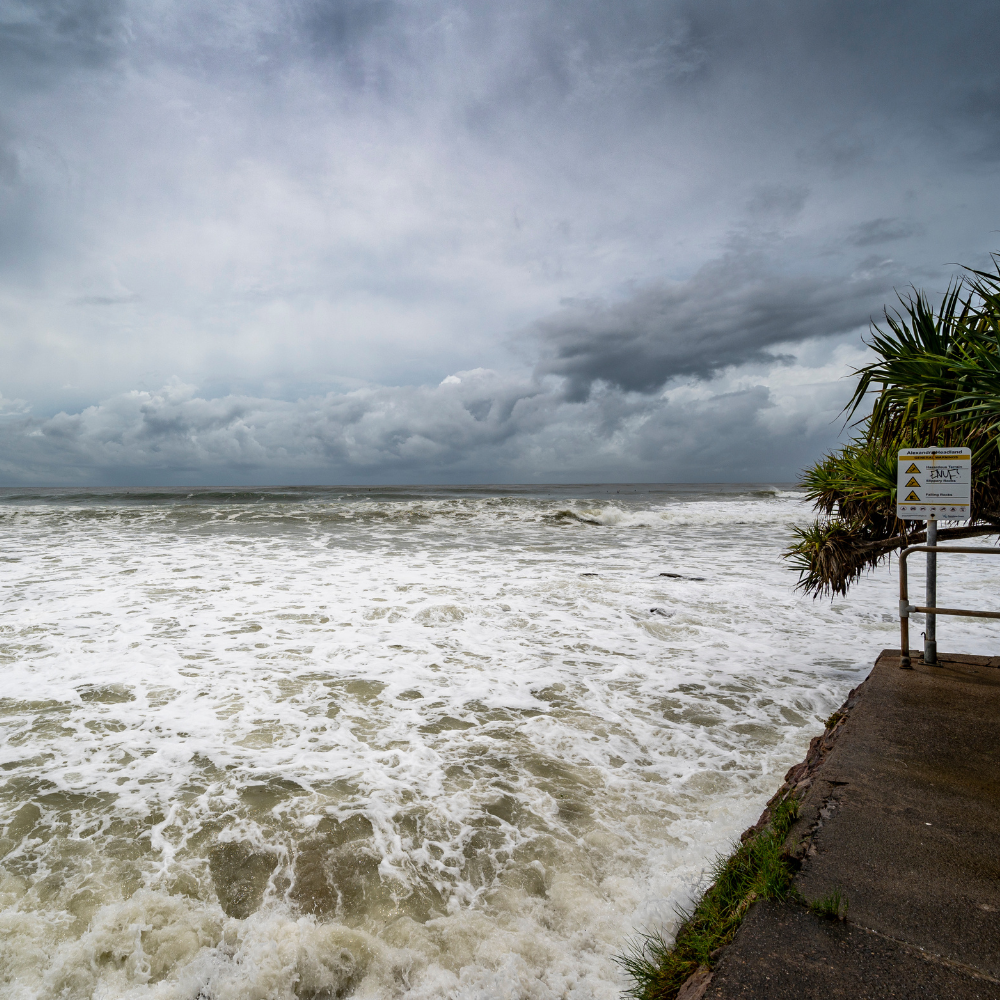Almost 100 missing in North Carolina after Hurricane Helene
Ninety-two people remain unaccounted for in North Carolina weeks after Hurricane Helene ravaged the western part of the state, Governor Roy Cooper reported during a news conference on Tuesday. Cooper emphasized that this number could change as authorities continue to resolve reports of missing individuals.
The Govenor mentioned that he wants to caution that this is not a definitive count, because the task force is continuing its work, underscoring the evolving nature of the situation.
The storm has claimed 95 lives in North Carolina alone, contributing to a total death toll of over 220 people, including fatalities in Florida, where the hurricane first made landfall. The widespread devastation in both states has prompted large-scale relief efforts, but challenges persist.
Cooper also addressed the persistent and dangerous flow of misinformation surrounding the hurricane, which he said has been hindering recovery efforts. He warned that the spread of false information creates confusion and demoralizes both storm survivors and relief workers. Governor Cooper urged people to stop spreading misinformation, warning that regardless of their intentions, the real harm is being done to the residents of western North Carolina who are in desperate need of assistance.
The governor’s warning comes as federal relief workers have encountered growing distrust among local residents, fueled by conspiracy theories about the storm. The US Federal Emergency Management Agency (FEMA) has had to adjust its operations in response to these issues, temporarily pulling out of one county after facing threats driven by misinformation.
In a particularly alarming incident last Saturday, police in Rutherford County arrested a man who allegedly made threats against relief workers. The man was found in possession of a rifle and handgun after speaking publicly about harming those involved in recovery efforts.
False conspiracy theories, many of which are politically motivated, have rapidly circulated online in the aftermath of the disaster. Claims range from accusations of government land confiscation to manipulation of the weather and aid payments. These baseless rumors have gained traction in the region, where extremist groups are reportedly active and attempting to exploit the situation.
The damage from Hurricane Helene has been especially severe in the mountainous areas of western North Carolina, where six months’ worth of rain fell in a short span of time. The deluge wiped out homes, bridges, and entire towns, cutting off access to critical areas and complicating rescue efforts. The popular tourist city of Asheville was among the hardest-hit, with roads leading into the city rendered impassable.
The challenging terrain of the region has further slowed relief and rescue operations, as crews struggle to navigate through areas where infrastructure has been washed away. Despite the difficulties, Cooper reassured the public that recovery efforts are ongoing, with federal, state, and local teams working together to address the needs of affected communities.
As North Carolina deals with the aftermath of Hurricane Helene, officials urge residents to rely on credible information and refrain from spreading misinformation, which could hinder ongoing relief efforts and further complicate recovery for those affected by the disaster.









